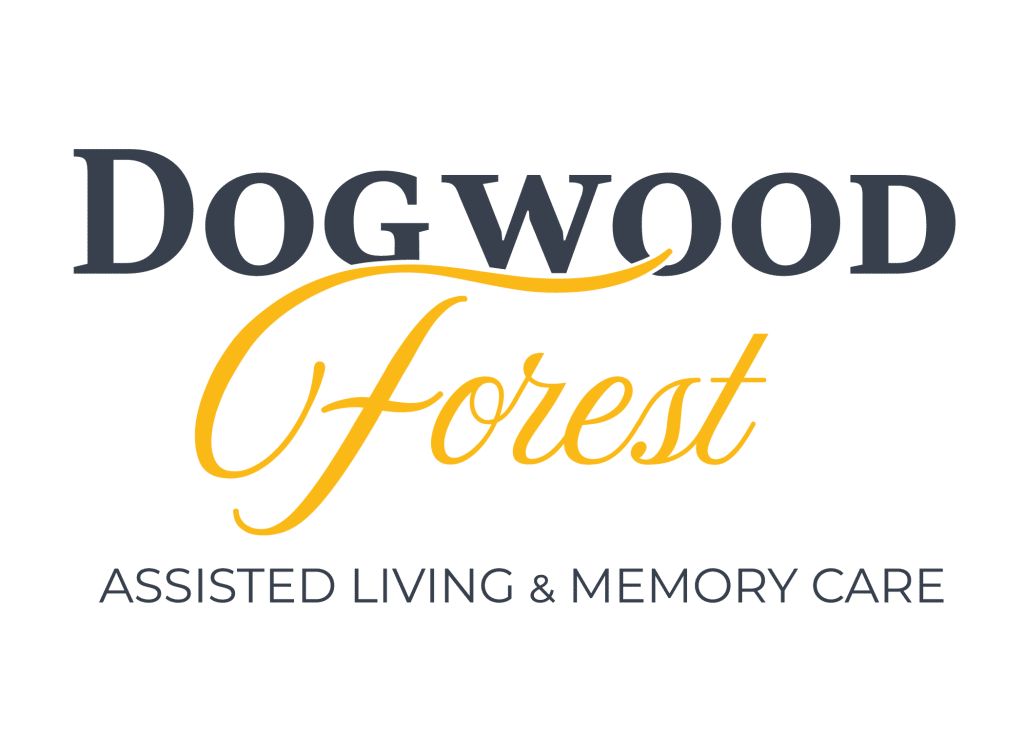As your loved one ages, you may notice signs like memory loss, confusion, or difficulty concentrating. Mild cognitive changes are normal, but how can you tell if they’re something more serious? While dementia is a common culprit behind these symptoms, it’s not the only one.
Many people don’t realize that a number of other conditions can also cause memory loss and other signs of cognitive decline. Some are temporary, like medication side effects, and many are manageable, like mental health conditions or sleep disorders.
Any concern, no matter how long it lasts, deserves attention. Seeing a professional is the best way to understand and manage complex cognitive issues
What Is Dementia, Exactly?
Dementia is a group of symptoms related to cognitive decline, often due to one or more underlying types of dementia. The most common cause is Alzheimer’s disease, but other types include vascular dementia, frontotemporal dementia, and Lewy body dementia.
While every case is unique, many people living with dementia share these symptoms:
- Memory loss, both short-term and long-term, that disrupts daily life
- Trouble planning or solving problems and communicating needs
- Confusion with time, place, or familiar routines
- Difficulty understanding visuals or spatial relationships
- Personality or mood changes, especially increased anxiety or withdrawal
These signs can also appear in other medical conditions, which is why diagnosis often takes time.
What Disorders Cause Symptoms Like Dementia?
Several other conditions can mimic or overlap with dementia symptoms. Some are linked to changes in the brain, while others stem from lifestyle, medication, or mental health issues.
Depression & Poor Mental Health
It’s easy to confuse symptoms of depression with signs of dementia. Both can cause forgetfulness, lack of motivation, and trouble focusing. The combination of symptoms is sometimes called pseudodementia.
However, depression is treatable, and its symptoms often improve with counseling or medication. People with depression are also more likely to recognize that something feels “off,” while individuals with dementia may not notice their own memory changes.
Traumatic Brain Injuries (TBI)
Traumatic brain injuries (TBIs) can result from falls, car accidents, or sports injuries, especially in older adults. These injuries can cause memory problems, confusion, and mood changes.
Unlike dementia, TBIs may stabilize or even improve with time and therapy. However, you should always take repeated brain injuries seriously. They can increase the long-term risk of cognitive decline or memory-related conditions later on.
Vitamin Deficiencies
Low levels of vitamins, especially vitamin B12, can cause symptoms that look a lot like dementia. Confusion, irritability, and even memory loss can show up when the body doesn’t receive what it needs.
Fortunately, a blood test can detect these deficiencies, and treatment through supplements or diet changes can restore brain health and reduce symptoms.
Thyroid Disorders
Both hypothyroidism and hyperthyroidism can affect focus, mood, and memory. These conditions slow down or speed up the body’s metabolism, which in turn impacts cognitive function.
A simple blood test can diagnose a thyroid disorder, and proper medication can often help reverse these symptoms before they worsen.
Medication Side Effects & Interactions
Some medications can trigger symptoms like brain fog, confusion, or memory loss. Some common culprits include sedatives, pain medications, or certain over-the-counter antihistamines.
When multiple medications are involved, drug interactions can complicate things even more. Once identified, adjusting or switching prescriptions can often lead to a quick improvement in symptoms.
Sleep Disorders
Chronic sleep problems such as sleep apnea can lead to fatigue, mood swings, and memory troubles during the day. Without restful sleep, the brain doesn’t function at its best. And it’s crucial to focus on quality sleep over quantity.
Diagnosing a sleep disorder typically involves a sleep study, and treatment (like CPAP therapy for apnea) can help restore mental clarity.

How to Tell Dementia from Other Conditions
Figuring out if it’s dementia or something else can be tough. Many symptoms overlap, and changes can appear slowly or suddenly. Understanding and responding to these often subtle differences is why a professional diagnosis is so important.
A healthcare professional can help:
- Perform a detailed medical history review, including lifestyle and family history
- Conduct cognitive tests to evaluate memory, problem-solving, and reasoning skills
- Order blood tests to rule out vitamin deficiencies or thyroid problems
- Utilize brain imaging, such as an MRI or CT scan, to check for abnormalities
- Monitor symptoms over time to track progression and gather more information
These small steps can lead to more accurate care decisions and support positive outcomes.
Support Options for a Loved One with Cognitive Decline
If your loved one is experiencing cognitive decline, it’s time to find them the care they deserve. That’s when compassionate, community-based memory care is so helpful.
Caregivers in memory care receive focused training to provide support with daily activities, manage symptoms, and promote comfort and safety. The environment is structured yet flexible, allowing your loved one to stay connected to their routines while receiving the care they need.
Memory care isn’t just for your loved one, either. The communities also offer educational resources and support for families. With open communication, resources, and trusted care, it becomes easier to focus on what matters most: spending quality time with your loved one.
Is It Time to Think About Memory Care?
Sometimes, symptoms that look like dementia have other causes, and sometimes, it’s the start of something more. Getting help early provides your loved one with more support, comfort, and time to enjoy each day.
If you’ve started to notice changes in memory, mood, or daily habits, it may be time to take a closer look. Our team at Dogwood Forest of Grayson is always here to help, and we’re ready to welcome your loved one to their new home. Schedule a tour with us today to learn more!
